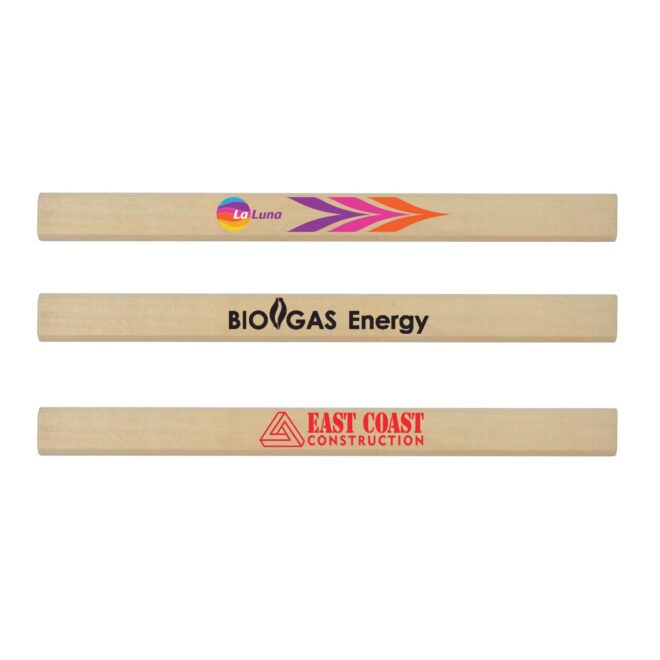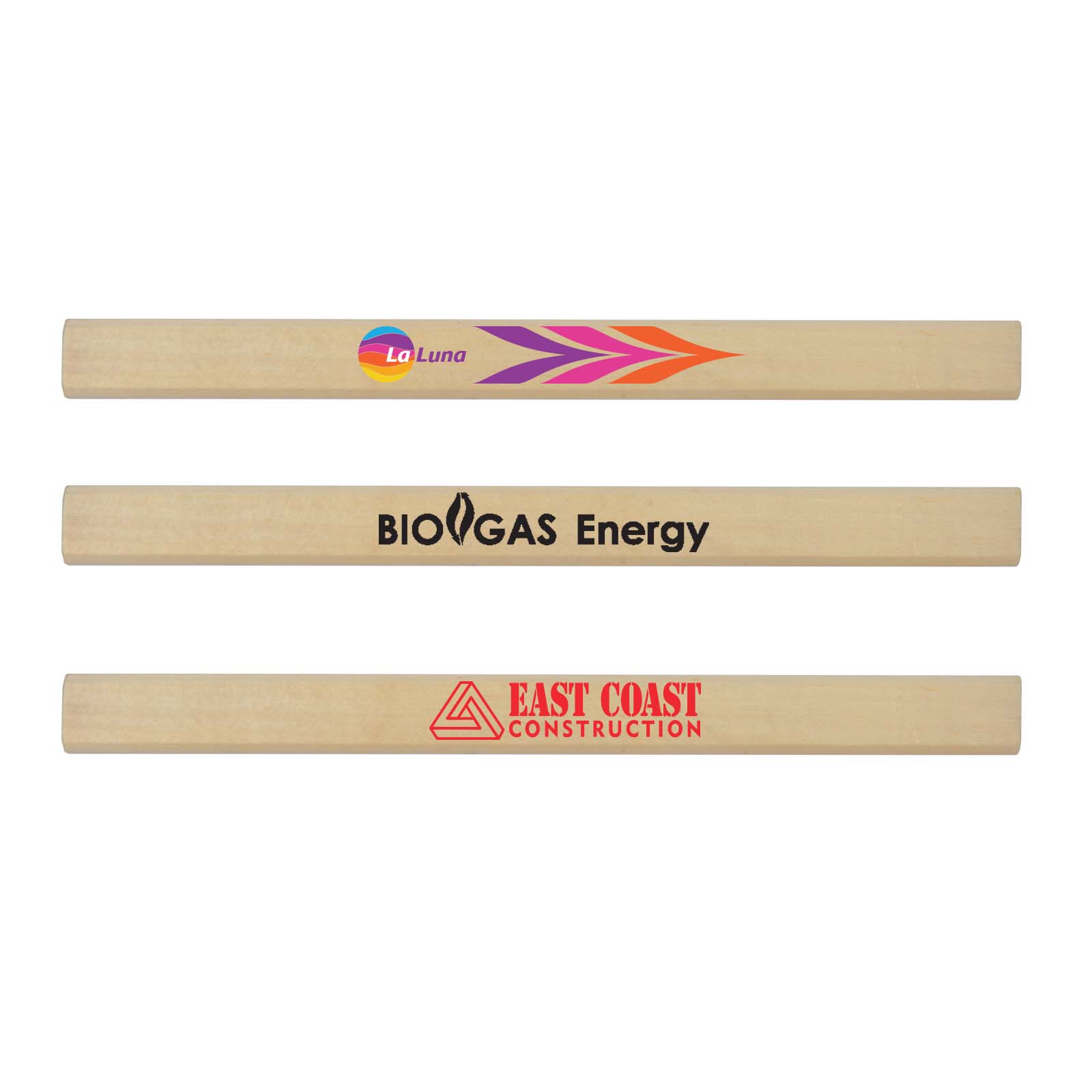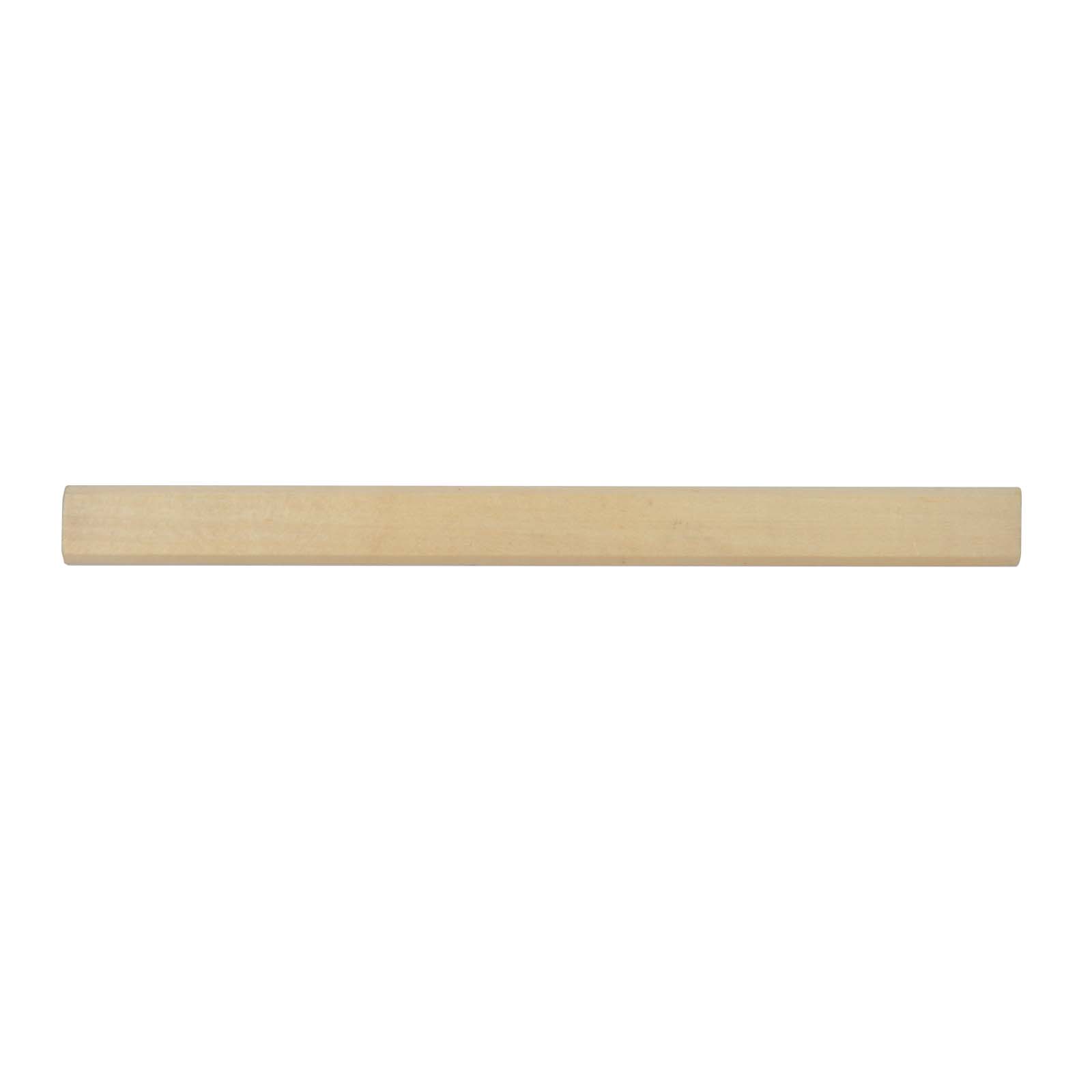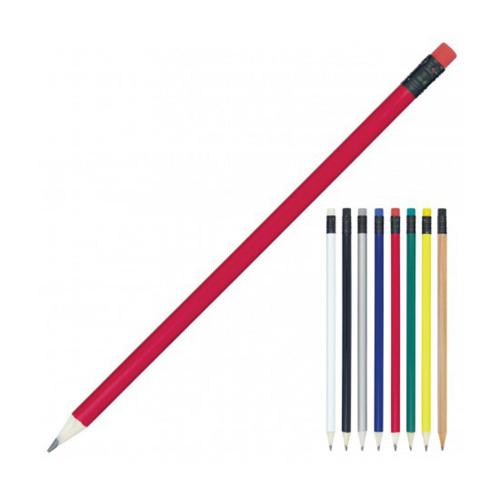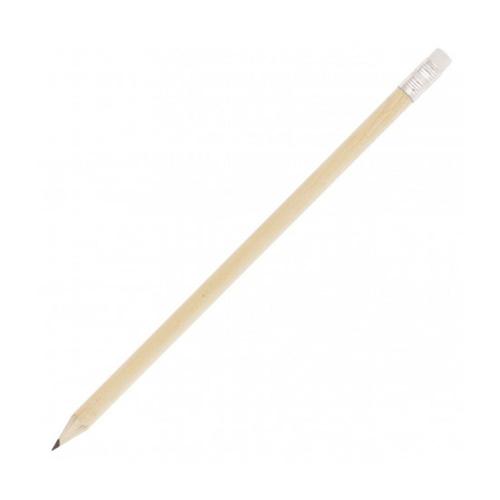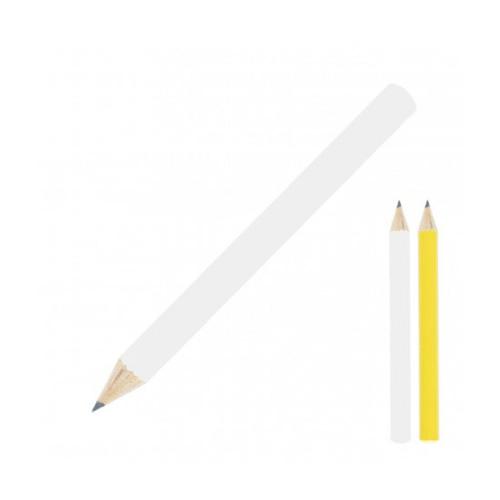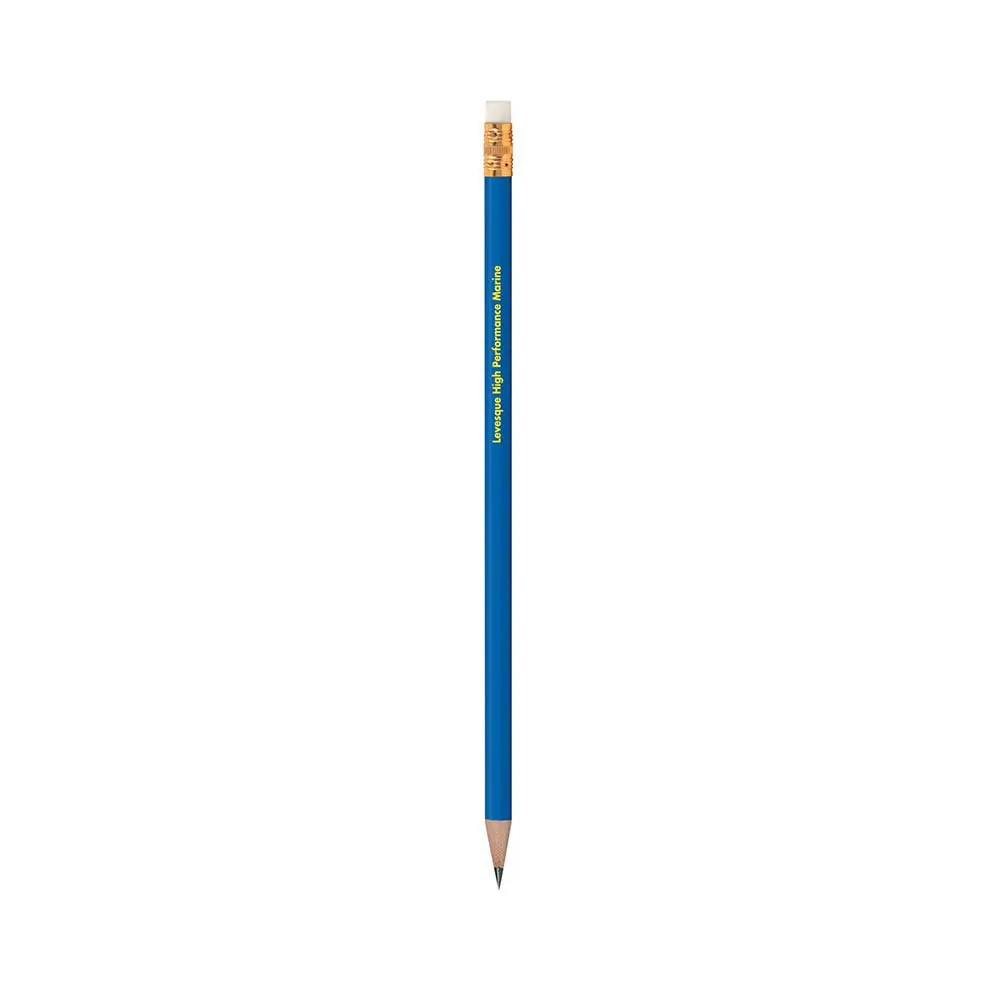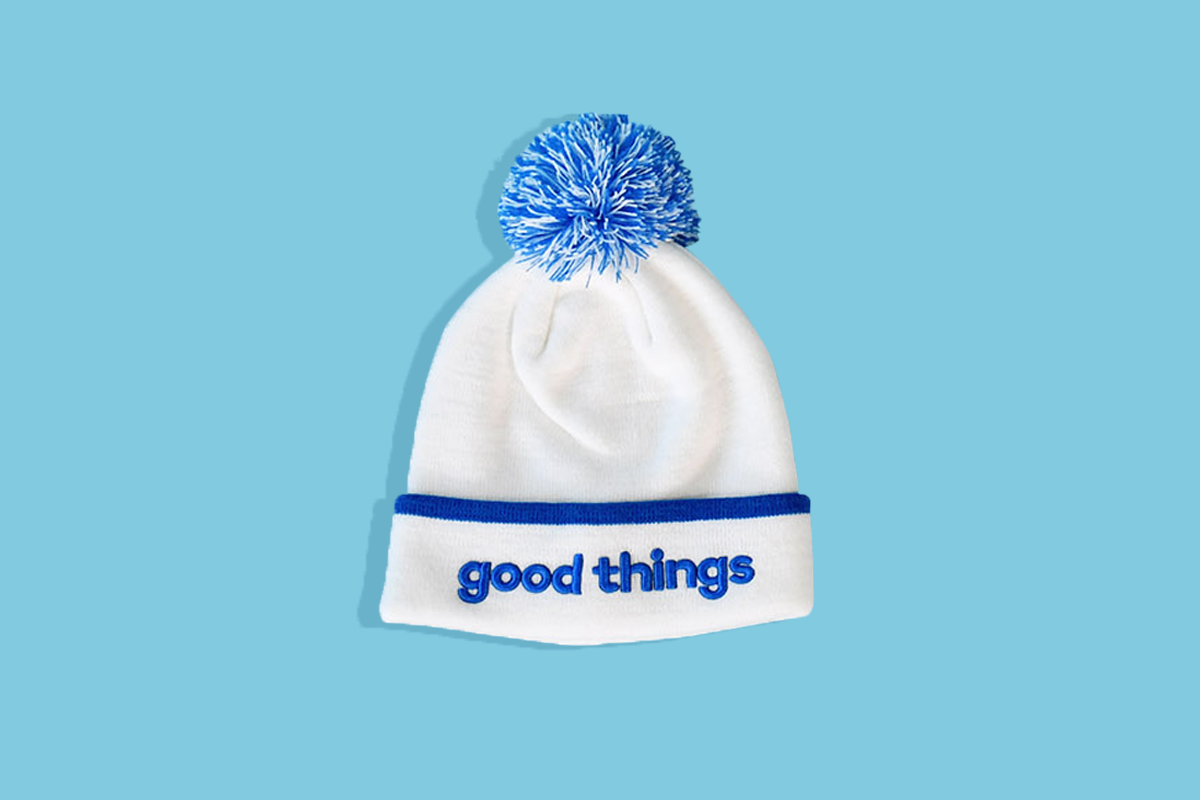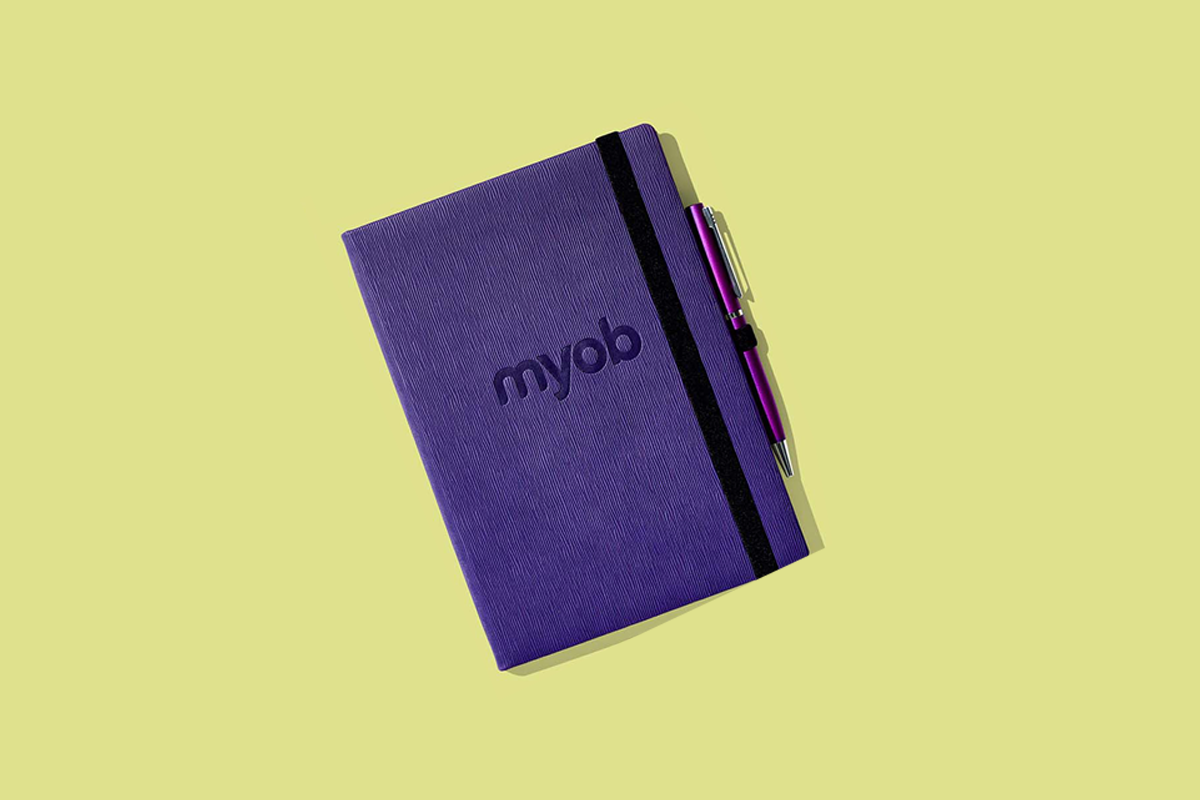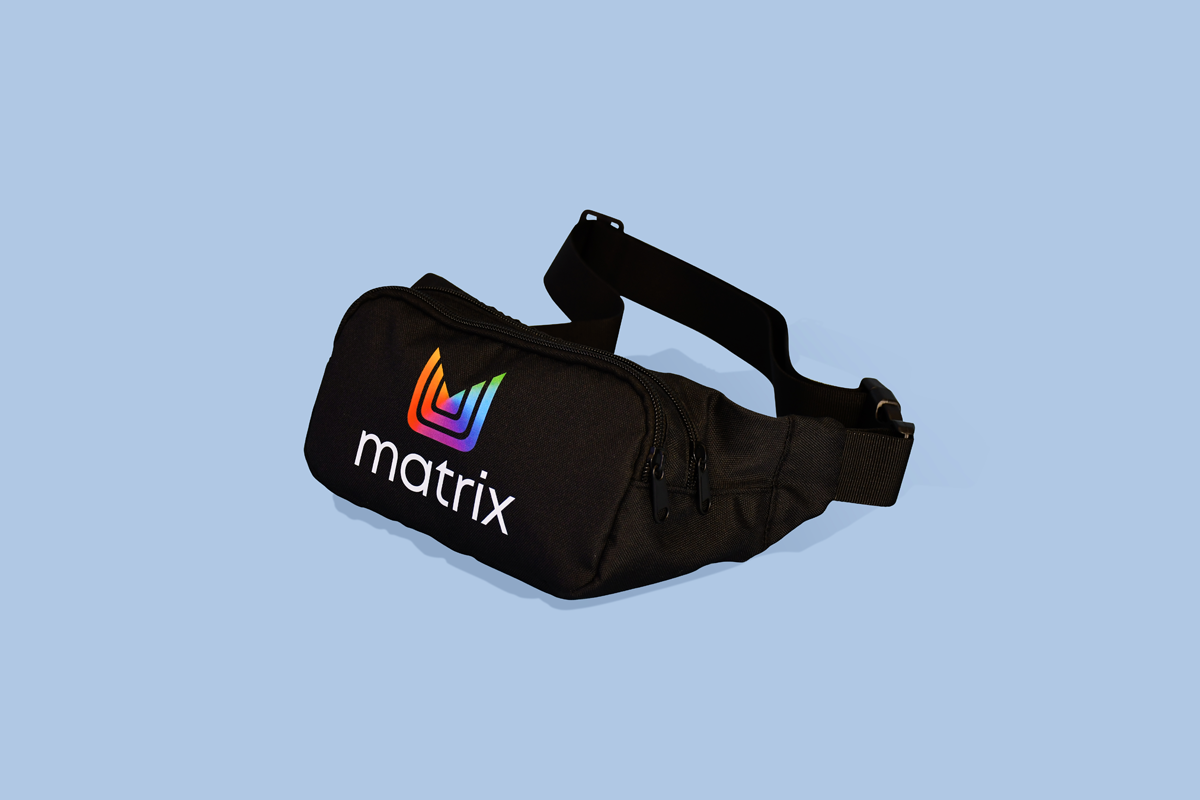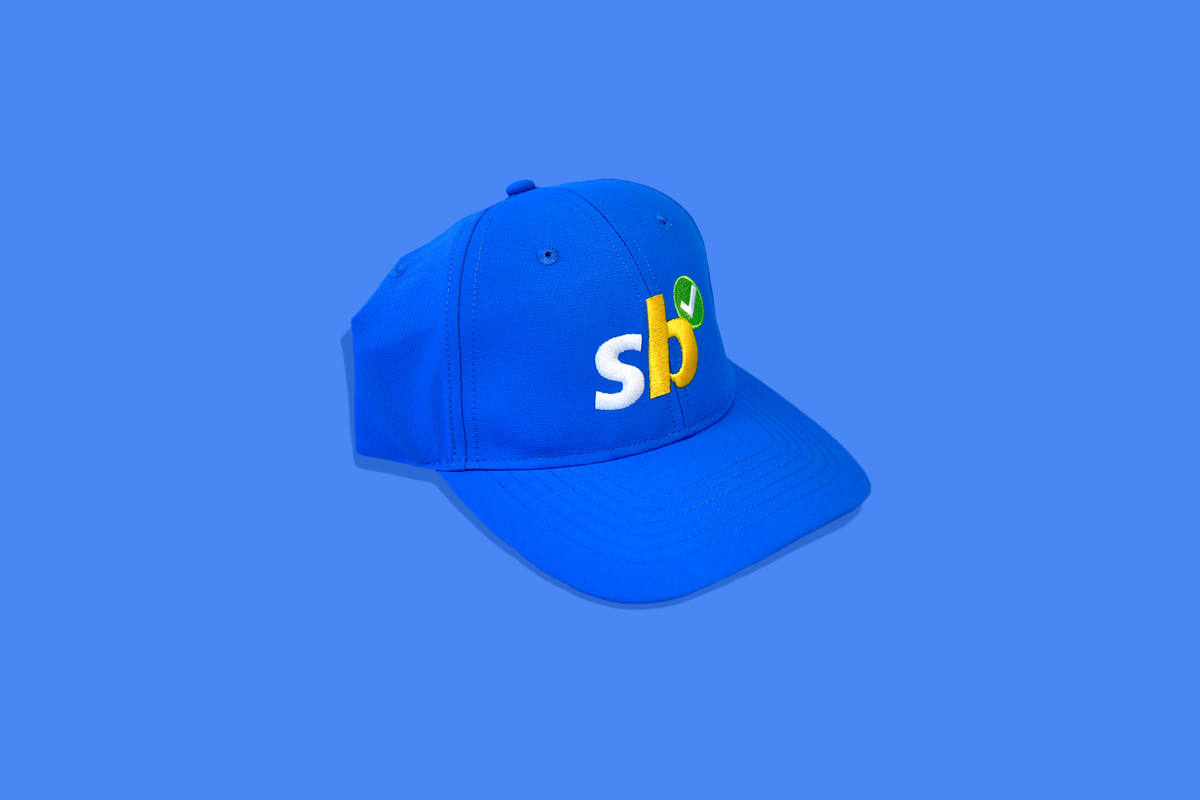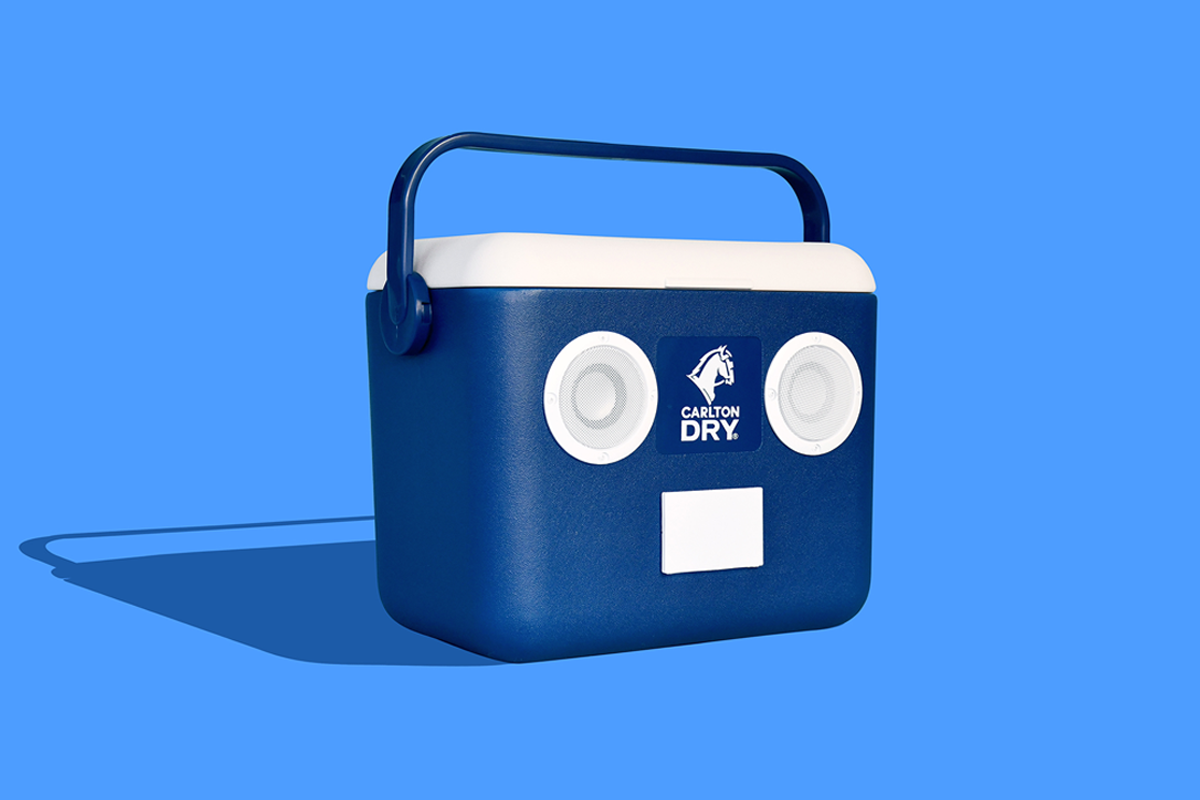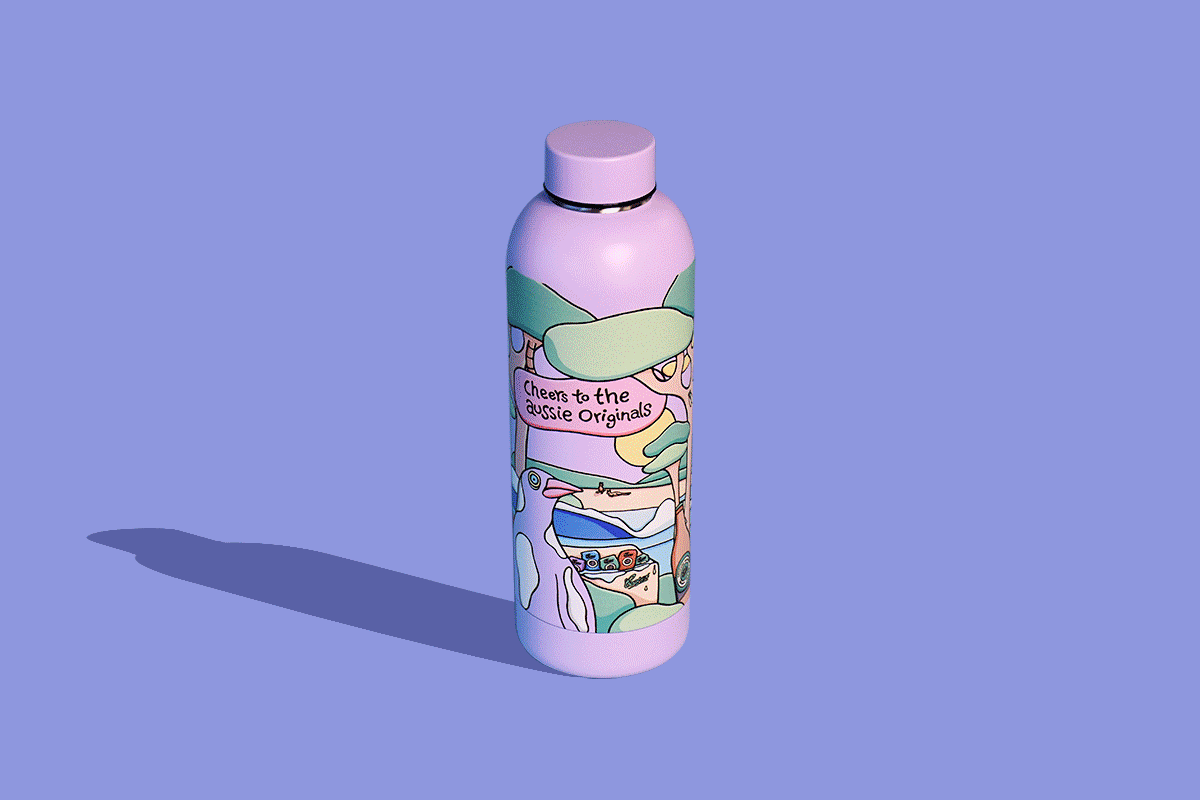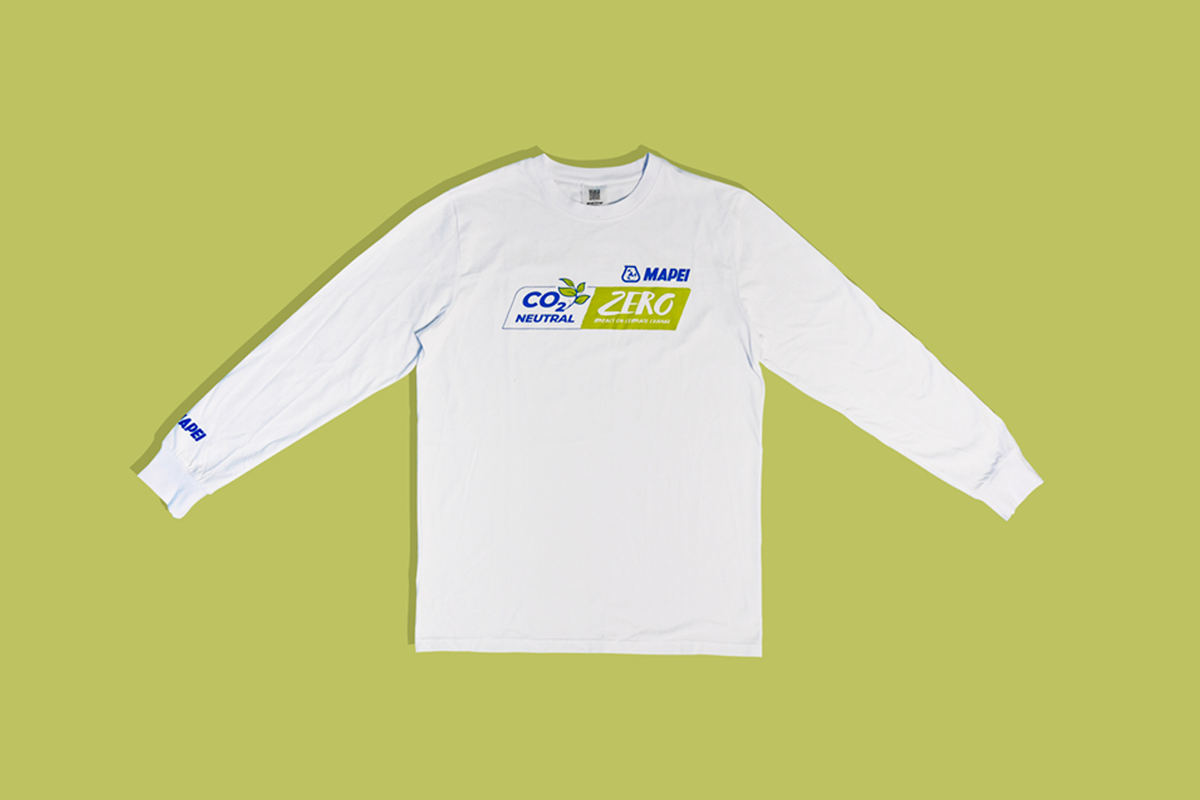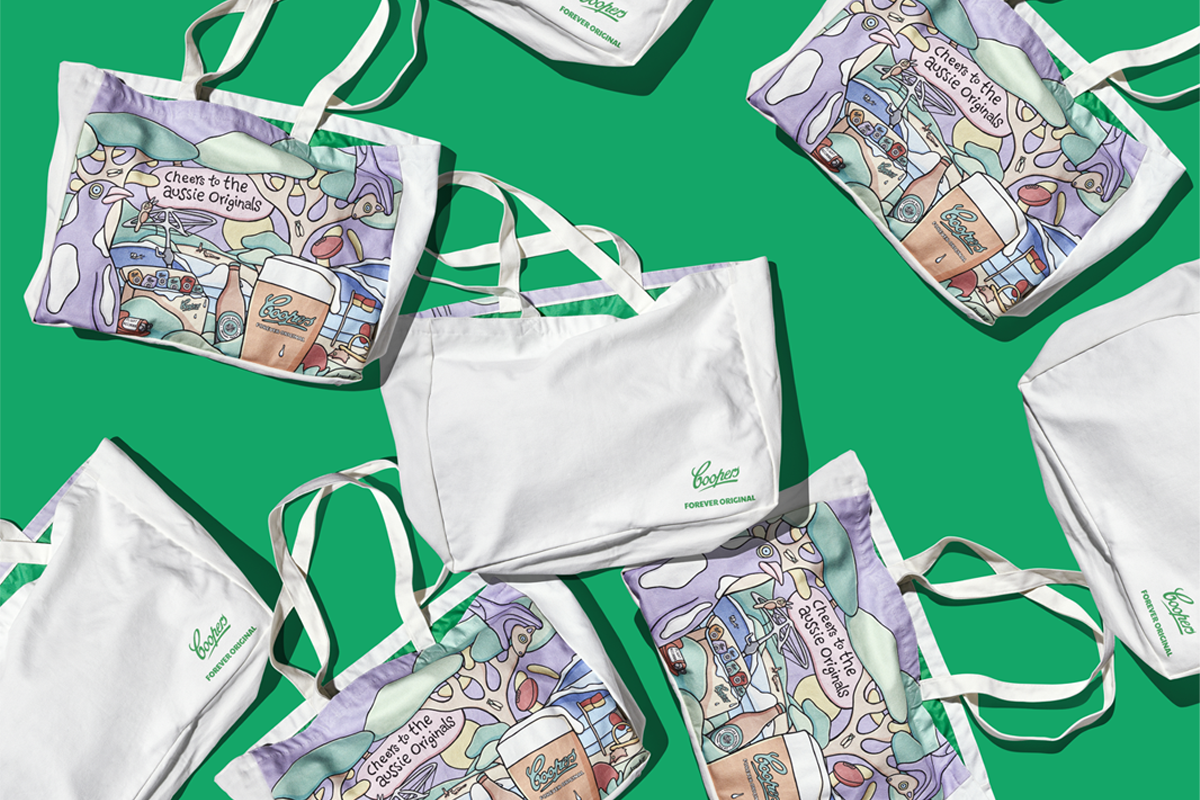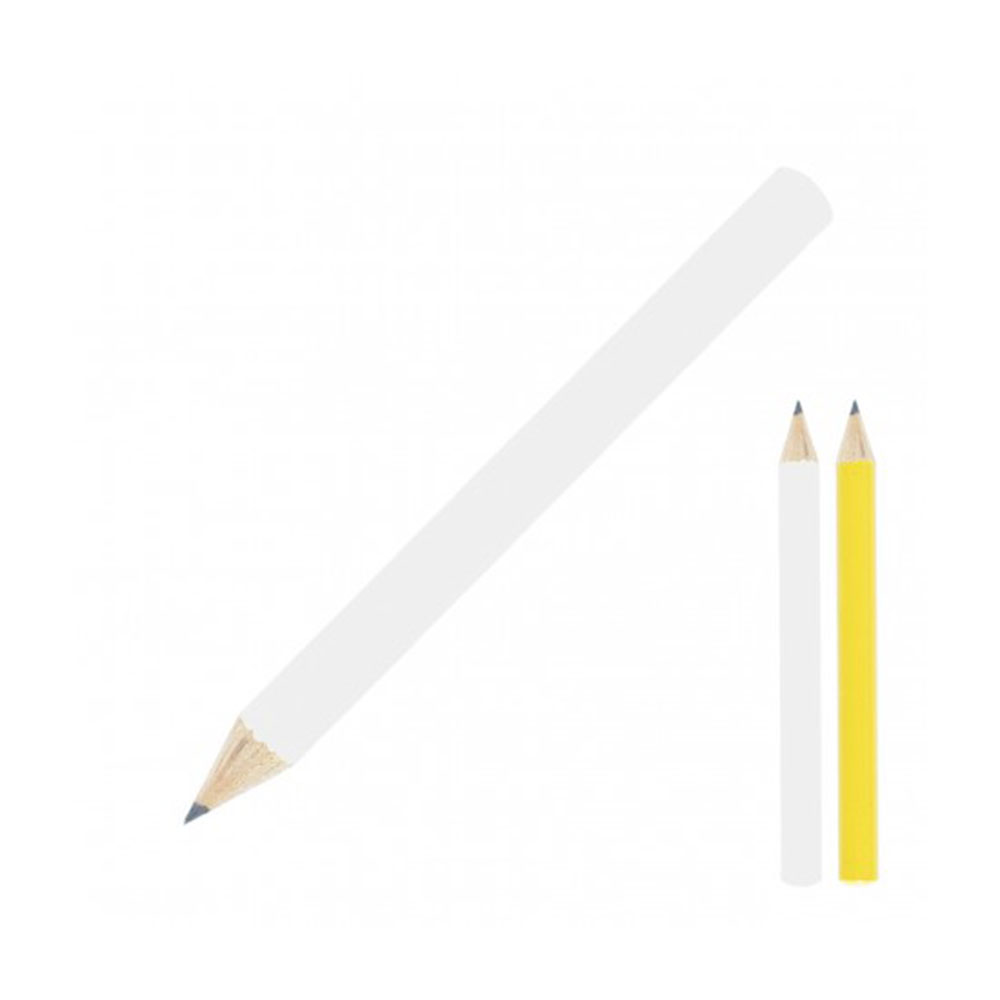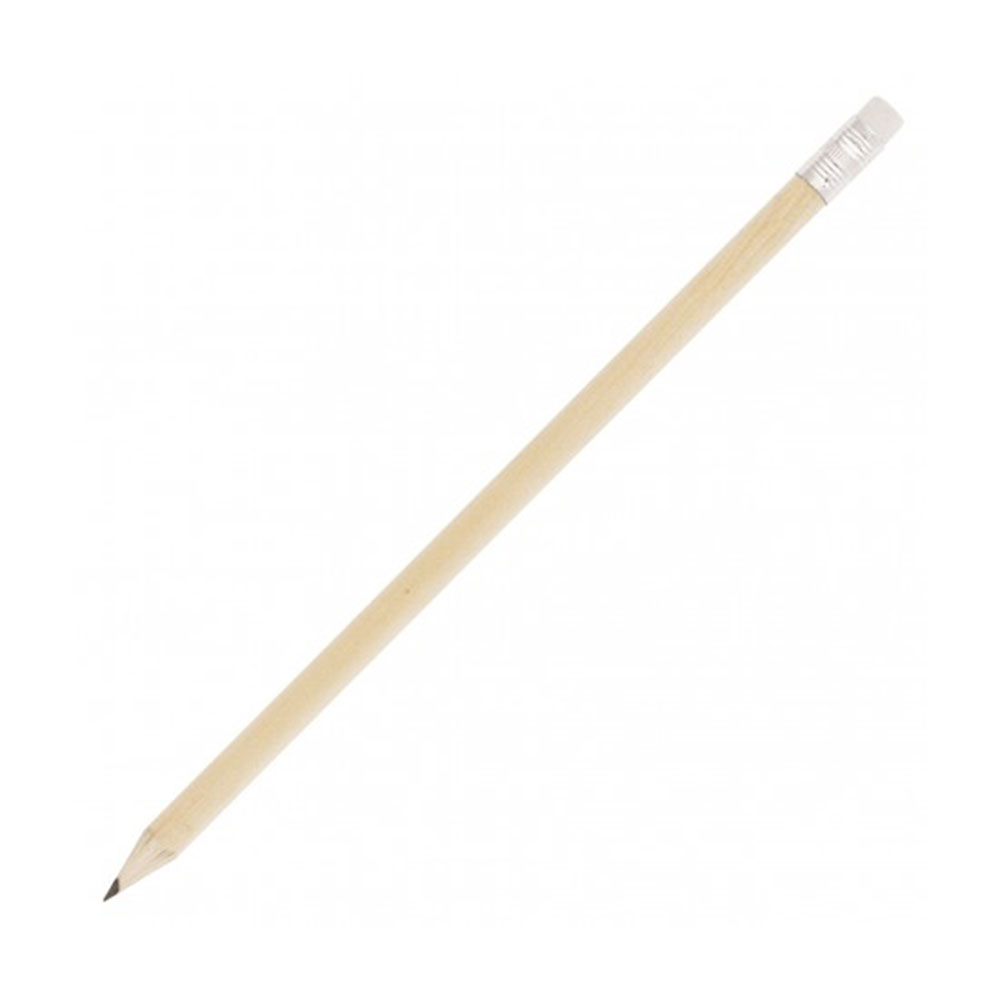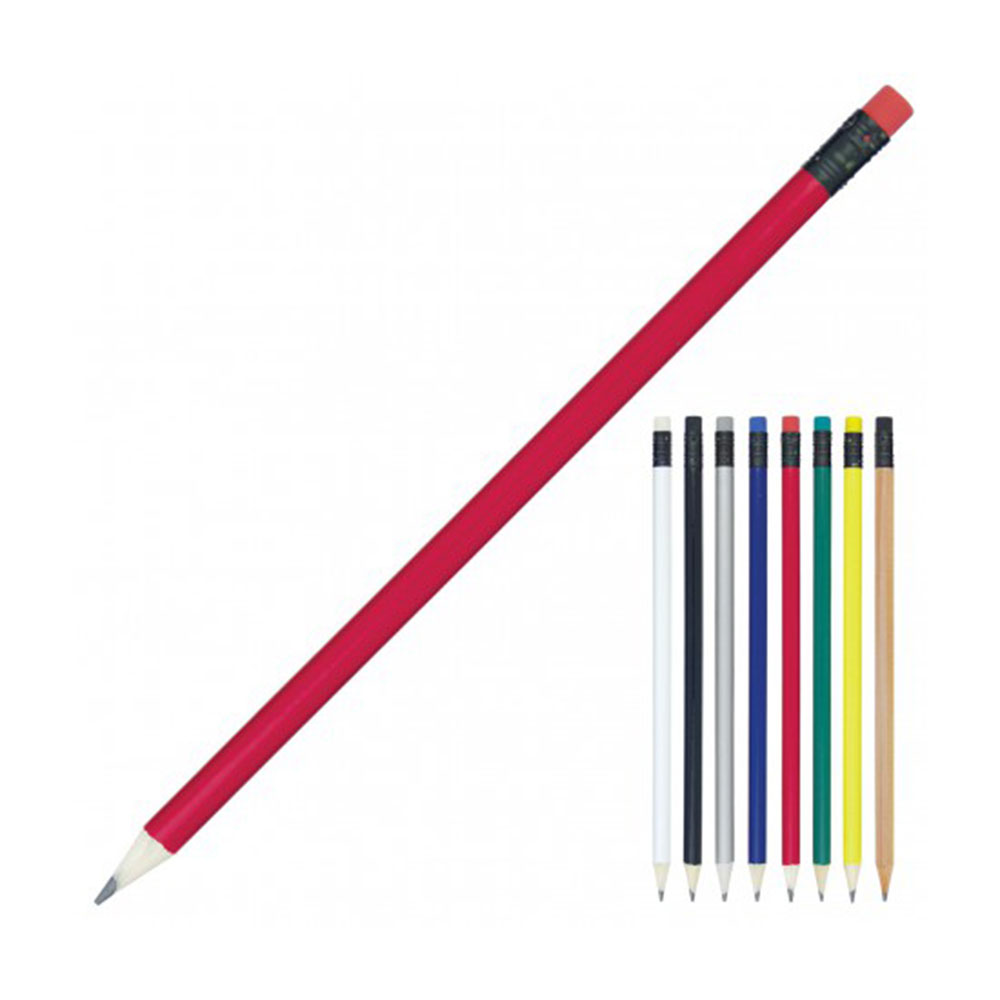Description
Unsharpened timber carpenters pencils. Eco Credentials. Sustainable. Recyclable. Printed using reusable energy.
Materials: Timber case with graphite centre
Dimensions: 178 x 15 x 7mm (LxWxH) approx
Printable Area: Pad Print: Front/Back – 60 x 8mm (LxH); Digital Print: Front/Back – 160 x 8mm (LxH); Screenprint: Front/Back – 160 x 8mm (LxH)
Additional information
| Production Time | 11 Working Days Production Time, 4 Working Days Production Time, 6 Working Days Production Time, 8 Working Days Production Time, 9 Working Days Production Time, 3 Working Days Production Time, 5 Working Days Production Time, 7 Working Days Production Time, 10 Working Days Production Time, 12 Working Days Production Time |
|---|---|
| Decoration | 1 Colour 1 Position Screenprint, 1 Colour 2 Position Screenprint, 2 Colour 1 Position Pad Print, 2 Colour 2 Position Pad Print, 3 Colour 1 Position Pad Print, 3 Colour 2 Position Pad Print, 4 Colour 1 Position Pad Print, 4 Colour 2 Position Pad Print, 1 Colour 1 Position Pad Print, 1 Colour 2 Position Pad Print, 1 Position Digital Print |
| Optional | None, Variable Data – Digital Print |
| Colour | Natural |
Our guarantee
All of our products are fully guaranteed to work, look and feel as designed.
Our most highly regarded company value at Good Things is integrity. We do what we say we are going to do in a timely fashion. We get "Back in a Flash" to all our clients for quotes, artwork and samples.
It is essential in our industry - from meeting delivery deadlines, through to having a product match a sample when delivered to each minute detail.
When dealing with us you can expect to get exactly what you ordered: as agreed, and on time. That is the Good Things Guarantee.
Product reviews
Chippy Carpenters Pencil
Min Qty: 250

99.4% jobs
delivered on-time

Free graphic
design

Quotes within
24 hours
Get an instant quote
Description
Unsharpened timber carpenters pencils. Eco Credentials. Sustainable. Recyclable. Printed using reusable energy.
Materials: Timber case with graphite centre
Dimensions: 178 x 15 x 7mm (LxWxH) approx
Printable Area: Pad Print: Front/Back – 60 x 8mm (LxH); Digital Print: Front/Back – 160 x 8mm (LxH); Screenprint: Front/Back – 160 x 8mm (LxH)
Additional information
| Production Time | 11 Working Days Production Time, 4 Working Days Production Time, 6 Working Days Production Time, 8 Working Days Production Time, 9 Working Days Production Time, 3 Working Days Production Time, 5 Working Days Production Time, 7 Working Days Production Time, 10 Working Days Production Time, 12 Working Days Production Time |
|---|---|
| Decoration | 1 Colour 1 Position Screenprint, 1 Colour 2 Position Screenprint, 2 Colour 1 Position Pad Print, 2 Colour 2 Position Pad Print, 3 Colour 1 Position Pad Print, 3 Colour 2 Position Pad Print, 4 Colour 1 Position Pad Print, 4 Colour 2 Position Pad Print, 1 Colour 1 Position Pad Print, 1 Colour 2 Position Pad Print, 1 Position Digital Print |
| Optional | None, Variable Data – Digital Print |
| Colour | Natural |
Our guarantee
All of our products are fully guaranteed to work, look and feel as designed.
Our most highly regarded company value at Good Things is integrity. We do what we say we are going to do in a timely fashion. We get "Back in a Flash" to all our clients for quotes, artwork and samples.
It is essential in our industry - from meeting delivery deadlines, through to having a product match a sample when delivered to each minute detail.
When dealing with us you can expect to get exactly what you ordered: as agreed, and on time. That is the Good Things Guarantee.
 Australian-Owned
Australian-Owned
